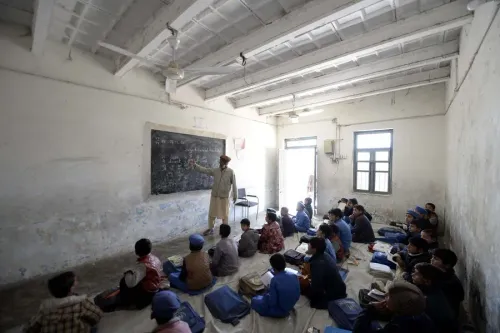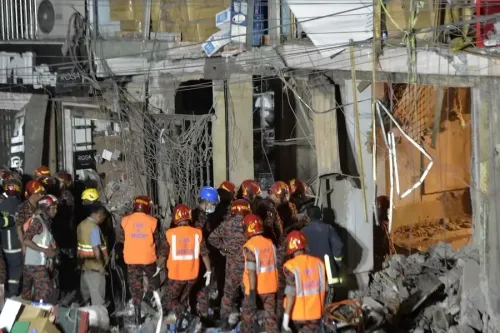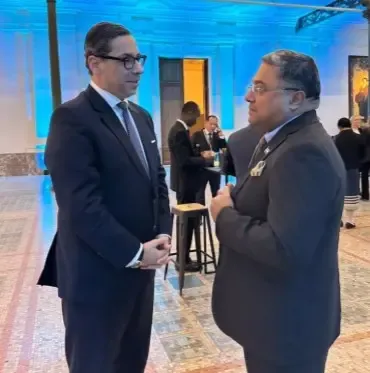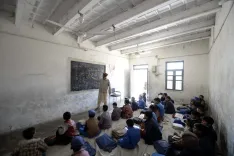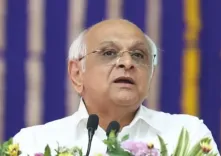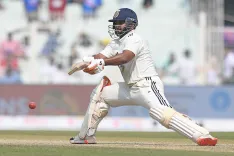Can French President Macron Unite G7 Leaders for Middle East De-escalation and Peace in Ukraine?
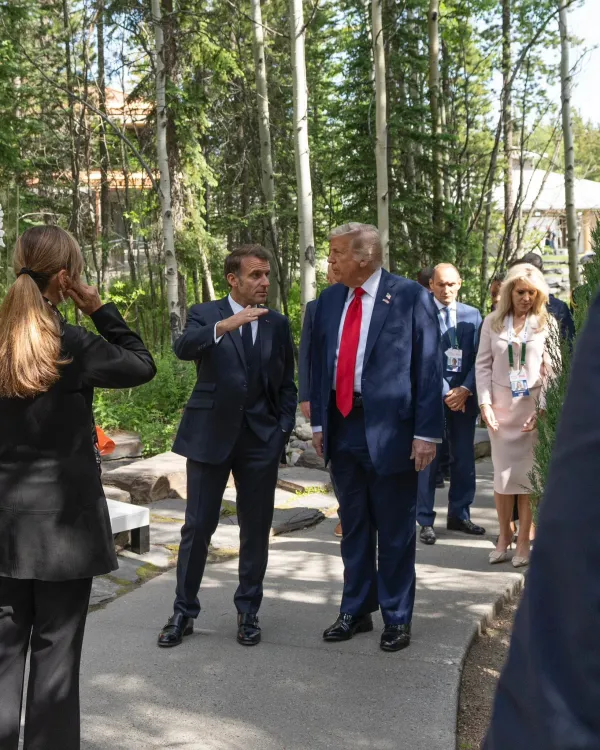
Synopsis
Key Takeaways
- Macron emphasizes de-escalation in the Middle East.
- The G7 reaffirms support for Israel’s right to defend itself.
- Discussions include the Ukraine conflict and trade relations.
- Joint efforts aim for a lasting peace in the region.
- Strengthening partnerships with Canada and Japan is a priority.
Kananaskis, June 17 (NationPress) French President Emmanuel Macron convened a series of influential discussions during the Group of Seven (G7) summit in Kananaskis, Canada, on Tuesday. He underscored the pressing necessity for de-escalating the ongoing conflict between Israel and Iran while advocating for a resumption of negotiations regarding Iran's nuclear program.
In attendance were numerous global leaders, including US President Donald Trump, UK Prime Minister Keir Starmer, and Canadian Prime Minister Mark Carney.
Discussions centered on the tense conditions in the Middle East, the ongoing war in Ukraine, and enhancing bilateral cooperation in pivotal sectors such as defense, energy, and artificial intelligence.
The G7, which includes Canada, France, Germany, Italy, Japan, the United Kingdom, the United States, and the European Union, released a collective statement from the summit reaffirming their dedication to regional peace and stability in the Middle East, while explicitly supporting Israel's
The leaders labeled Iran as the “primary source” of regional volatility and terrorism.
During his meeting with President Trump, Macron highlighted the urgency for a ceasefire in the Russia-Ukraine conflict and the need for de-escalation between Iran and Israel. Both leaders also deliberated on stabilizing their trade relations.
“We also discussed the pressure that must be imposed on Russia to facilitate a ceasefire as swiftly as possible and to negotiate a sustainable peace for Ukraine,” Macron shared on the social media platform X.
“We stressed the immediate need for de-escalation between Israel and Iran. Only a thorough negotiation can guarantee that Iran never obtains a nuclear weapon and that safety is assured for everyone in the Middle East. Amid this challenging context, I have not overlooked Gaza. Israel must conclude the war, Hamas must liberate the hostages, and civilians must receive relief,” he added.
Macron's meeting with Prime Minister Starmer also delved into the Gaza conflict and the stalled nuclear agreement with Iran.
“With Prime Minister Starmer at the G7. A ceasefire for a robust and lasting peace in Ukraine. A ceasefire to conclude the war in Gaza, to free the hostages, to pursue a political resolution, and to foster peace for all. De-escalation and the revival of negotiations concerning Iran's nuclear program,” Macron wrote on X.
He noted that both nations maintain similar stances on significant global issues and that this collaboration would persist at the Franco-British Summit during his state visit to the UK on July 11.
In his discussion with Canadian PM Mark Carney, Macron expressed gratitude for Canada's role in hosting the summit and reiterated his commitment to fortifying the Franco-Canadian partnership.
“During our meeting, I reaffirmed France's commitment to enhancing our partnership with Canada regarding defense, decarbonization, and artificial intelligence. Together, as part of the coalition of the willing, we reiterated our resolve to strive for a just and lasting peace in Ukraine. Following Canada, France will assume the G7 presidency,” Macron posted.
Furthermore, Macron also engaged with Japanese Prime Minister Shigeru Ishiba and emphasized the strategic significance of the Franco-Japanese alliance.
“I was very pleased to meet Japanese Prime Minister Shigeru Ishiba at the G7. Over recent years, we have forged an exceptional partnership with Japan, driven by a friendship of the same nature. An essential partnership for peace, stability, and global prosperity,” Macron expressed.
He indicated that the scope of collaboration spans defense, critical materials, civil nuclear power, culture, and industrial cooperation. “A partnership for the future for our two nations and for our people… France stands ready for it!” he concluded.

